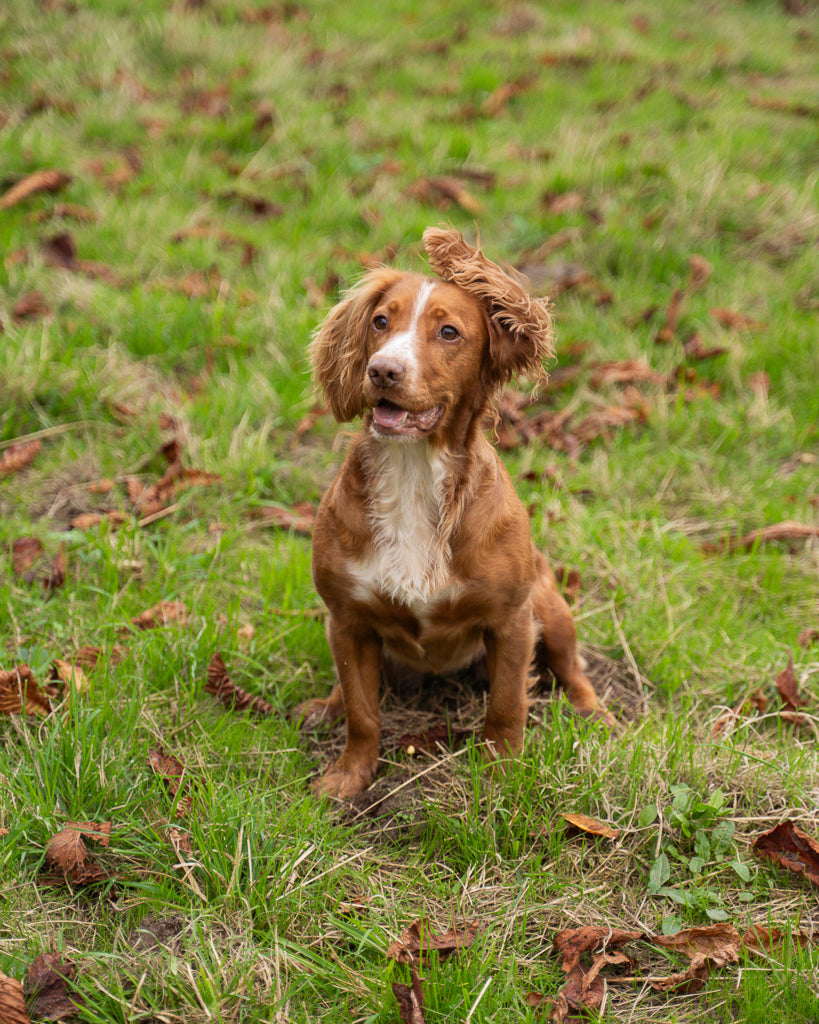When we chose our working spaniel Roma, we considered her character, temperament and sex. She also happened to be a beautiful red colouring. She was from a litter of 7 adorable Cocker pups, but what if we had gone to buy a pup from a shelter.
In a study by the Greyhound trust, it was found Nationwide, 80 per cent of retired greyhounds looking for homes are black.
Jo, Operations and Welfare manager at the Greyhound Trust said: “Any animal rehoming organisation does report that black dogs tend to be the hardest to rehome and it affects cats as well.
“There are lots of issues and superstitions around black animals.”
In British folklore dating back as early as 1127, black dogs were often associated with the Devil, described as ‘hellhounds’ and portrayed as eerie, terrifying creatures, often ghosts.
So is Black Dog Syndrome real?
According to studies in the UK, the main considerations when choosing a dog are:
- Breed. People want purebred dogs, “regardless of colour.”
- Size. Big or small, people want a dog that fits their home and lifestyle.
- Age. Young dogs tend to be far more desirable to adopters.
- History. According to the study, “some people had an aversion to stray dogs.”
- Colour. Only after all the other factors had been considered did people start choosing dogs based on colour.

“Black dog syndrome” is a catchy name for the phenomenon in which dark-coated dogs are overlooked in shelters in favour of lighter-coloured dogs.
The idea has been around for a while, but the term caught on in the early 2000s, and probably originated in shelters such as the RSPCA, where employees and volunteers witnessed first-hand the tendency of black animals to have longer stays.
But why might black dogs be overlooked in the shelter? There are several common suggestions:
- They don’t stick out: Dark coats in poorly lit shelter enclosures can mean adopters don’t notice black dogs
- They’re hard to photograph Bad pictures can mean fewer clicks on black dogs’ online adoption profiles, and fewer in-person adoption inquiries
- Their dark faces make it harder to read their facial expressions, and people want to feel they have an immediate emotional connection to their adoptive dog.
- Their dark hair may show up more on furniture if they shed, and some people just can’t handle the mess.
- Black dogs are sometimes associated with darkness and bad omens in pop culture (remember the Grim in Harry Potter?), which might make some people more hesitant to take one home.
Have a great week and please feel free to reach out to us if you have your own interesting countryside or pet stories our readers might like to hear about.



Leave a comment
All comments are moderated before being published.
This site is protected by hCaptcha and the hCaptcha Privacy Policy and Terms of Service apply.